(MPI) - The Law amending and supplementing a number of articles of the Law on Planning, the Law on Investment, the Law on Investment under the public-private partnership model and the Law on Bidding has just been passed by the National Assembly at the 8th Session of the 15th National Assembly, including 119 articles, clauses and 03 Appendices of 04 Laws. Thoroughly grasping the spirit of innovation in law-making, the Law has been reviewed and revised, basically removing specific and detailed provisions under the authority of the Government, facilitating decentralization and delegation of power, meeting the requirements of administrative reform and ensuring compliance with reality.
Presenting the Report on explanation, acceptance and revision of the draft Law amending and supplementing a number of articles of the Law on Planning, the Law on Investment, the Law on Investment under the form of public-private partnership and the Law on Bidding, Chairman of the Economic Committee Vu Hong Thanh said that to ensure consistency, inheritance and systematization between plans, avoid arbitrary adjustments that affect the viewpoints and objectives of the plans, the adjustment of national sectoral plans must comply with the specific bases and conditions stipulated in the Law on Planning, and not stipulate the adjustment of national sectoral plans according to the shortened procedures in specialized laws.
To ensure consistency and avoid disruption, facilitate project implementation in localities implementing the Law on the Capital and specific Resolutions, the draft Law has absorbed the opinions of National Assembly deputies and revised: adding point d in Clause 3, Article 6 of the draft Law to stipulate transitional handling, allowing the People's Councils of provinces and cities applying specific regulations to choose to apply specific regulations or regulations of this Law; abolishing Articles 39 and 40 of the Law on the Capital to create conditions for PPP projects in Hanoi to be uniformly applied according to the regulations on PPP projects in the draft Law.
Regarding the amendment and supplementation of a number of articles of the Law on Planning, including the adjustment of planning according to the shortened procedures (Article 54a), the Standing Committee of the National Assembly believes that this is a new and supplementary provision compared to the current Law, which is pilot and unstable. Closely following the spirit of innovation in law-making and absorbing the opinions of National Assembly deputies, the draft Law has been absorbed and revised in the direction of only regulating the principles, bases, and authority to adjust planning and assigning the Government to provide detailed regulations to ensure flexibility and suitability with reality.
At the same time, to solve difficulties in implementing urgent projects and urgent tasks that change some contents of the planning, including the fields of electricity, natural resources and environment, the draft Law has been revised: supplementing regulations on the basis for adjusting planning according to a shortened procedure for urgent and urgent projects according to the Government's regulations; decentralizing the Minister and Chairman of the Provincial People's Committee to approve adjustments to national sector planning and provincial planning according to a shortened procedure; supplementing the decentralization content for Ministries and ministerial-level agencies to issue plans to implement national sector planning to ensure flexibility in organizing and implementing planning.
In addition, taking into account the opinions of National Assembly deputies, the draft Law has been revised and supplemented with the basis for adjusting the planning according to the shortened order and procedures in the case of "Implementing Resolutions of the National Assembly, the National Assembly Standing Committee or the Government on ensuring national defense and security"; at the same time, the content of the regulation "Implementing Resolutions of the National Assembly, the National Assembly Standing Committee, the Government or Resolutions of the Provincial People's Councils changes the implementation period, parameters, and information of works and projects determined in the planning" into the transitional provisions to have a basis for resolving difficulties for plans approved before the effective date of this Law.
Regarding the amendment and supplementation of a number of articles of the Investment Law, the Law submitted by the Government to the National Assembly has been amended and clarified on the assessment of conformity with urban planning, but has not yet thoroughly resolved the difficulties with national planning, regional planning, provincial planning, and rural planning. To remove the difficulties, the draft Law has been revised in the direction of allowing the assessment of the conformity of the project with relevant planning, avoiding the understanding that the project must be assessed with all types of planning. To make this provision feasible and avoid difficulties in practice, it is recommended that the Government promptly issue detailed guidance documents on this content, ensuring consistency and effectiveness in law enforcement.
Regarding special investment procedures: special investment procedures are a new policy to attract investment in priority areas such as innovation and high technology. In the spirit of innovation in law-making, the draft Law has been revised to simplify detailed contents on records and procedures, retaining only the necessary principles and specific contents, ensuring that the principles in the draft Law submitted to the National Assembly remain unchanged. The Law has added the Concentrated Information Technology Zone and the Free Trade Zone to the areas where special investment procedures are applied in Clause 1, Article 36a, contributing to policy synchronization, creating a favorable foundation for attracting investment and developing these areas. To ensure feasibility and flexibility in operation, the Government is assigned to detail this Article, including the content on the project's conformity with relevant planning.
Regarding amendments and supplements to a number of articles of the PPP Law: To create a legal basis for implementing the BT contract mechanism, the Law is revised in the direction of removing the entire content of Article 45a; only regulating in the Law the basic principles on the payment mechanism for investors for 03 forms, including: payment by land fund, payment by state budget and no payment required. At the same time, supplementing the provision assigning the Government to specify the BT contract mechanism in detail for the above payment forms.
Continue to stipulate the Prime Minister's authority in establishing an interdisciplinary appraisal council; stipulate that the State Audit conducts an audit of compensation costs and allows the parties to agree and hire an independent auditor to audit these costs; clarify that the environmental impact assessment report or environmental license is an independent document and not the content of the feasibility study report; allow the competent authority deciding on investment policies to decide on a maximum state capital ratio of 70% for eligible projects; supplement regulations allowing independent projects or PPP component projects to separate compensation costs and resettlement support using public investment capital, applying a maximum state capital ratio of 70% of the total investment if meeting the conditions on location or technology transfer; stipulate that the Provincial People's Committee is the competent authority to unify the responsibilities of localities in paying the reduced revenue according to the investment policy decision;...
Regarding amendments and supplements to a number of articles of the Law on Bidding, including the application of the Law on Bidding to projects using ODA loans and preferential loans as stipulated in Clause 5, Article 3 of the Law on Bidding, the requirement to submit to the Standing Committee of the National Assembly before negotiating and signing international treaties and loan agreements with provisions on bidding other than those stipulated in the Law will prolong the negotiation and signing process, create additional administrative procedures, and affect the progress of project implementation. To resolve difficulties and incorporate the opinions of National Assembly deputies, the draft Law transfers this authority from the Standing Committee of the National Assembly to the Government, facilitating capital mobilization, in line with the practice in the process of negotiating and signing international treaties and loan agreements. This provision also helps resolve difficulties related to domestic bidding, international bidding, and restricted bidding according to the binding regulations of donors.
Regarding the selection of contractors and investors in special cases: In response to the opinions of National Assembly deputies, ensuring flexibility in management, the draft Law amends Article 29 in the direction of stipulating the principles for applying contractor selection in special cases and assigns the Government to specify this Article in detail. At the same time, to meet the requirements for implementing special projects that cannot be implemented through normal bidding, in response to the opinions of National Assembly deputies, the draft Law has added Article 34a regulating the selection of investors in special cases in the direction of stipulating principles and assigning the Government to specify this Article in detail to ensure flexibility, timely amendments and supplements when necessary, meeting the requirements of administrative reform and in accordance with practical requirements.
In addition, taking into account the opinions of National Assembly deputies, the draft Law has been revised to increase the limit on designated bidding from 100 million to 300 million VND for bidding packages under the procurement estimate that do not form a project, and at the same time does not distinguish the limit on designated bidding between bidding packages using regular expenditure capital and public investment capital; adds cases of designated bidding for bidding packages of archaeological excavation, restoration of national-level relics, special national-level relics and world cultural heritage; amends regulations on ensuring competition between participating bidders and consulting bidders in the same bidding package for bidding packages belonging to state-owned economic groups, parent companies and subsidiaries; applies the one-stage, two-envelope method for bidding packages with high technical and high-tech requirements; allows public health facilities to decide on their own procurement of drugs, medical equipment and service vaccines./.
Source: https://www.mpi.gov.vn/portal/Pages/2024-11-29/Tao-thuan-loi-cho-viec-phan-cap-phan-quyen-dap-ungnzk2uc.aspx




![[Photo] Government holds a special meeting on 8 decrees related to the International Financial Center in Vietnam](https://vphoto.vietnam.vn/thumb/1200x675/vietnam/resource/IMAGE/2025/11/04/1762229370189_dsc-9764-jpg.webp)






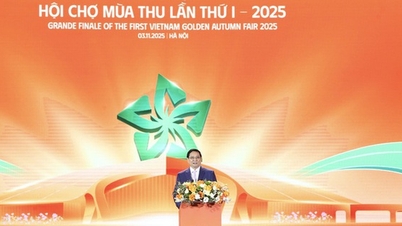


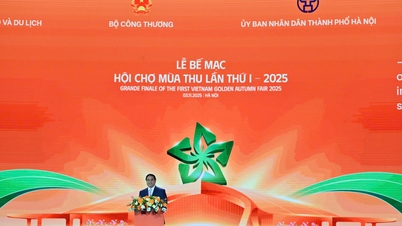





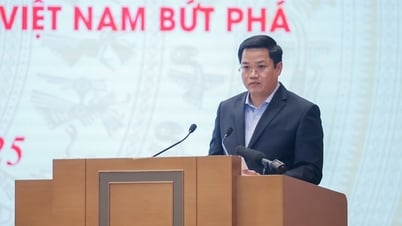
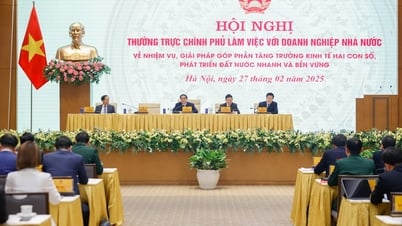

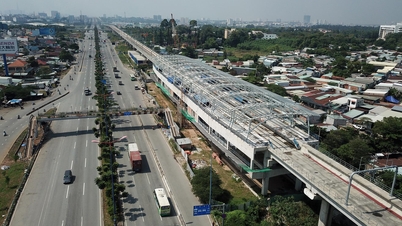

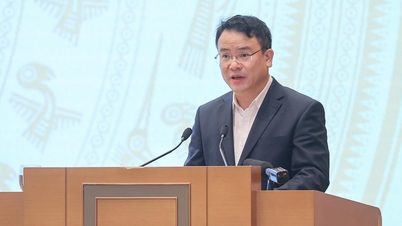























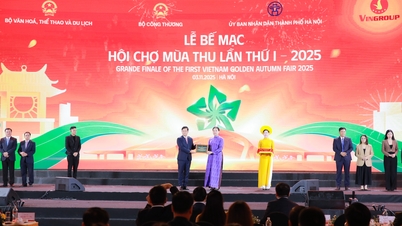

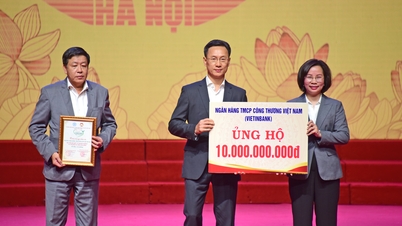













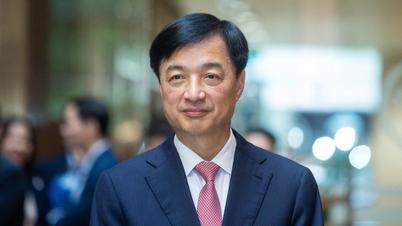








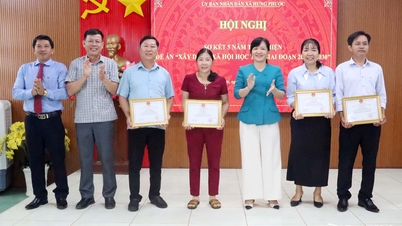



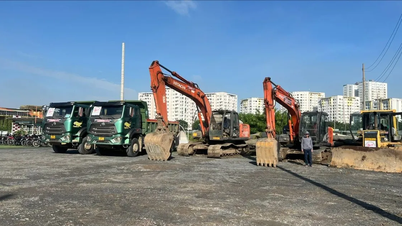

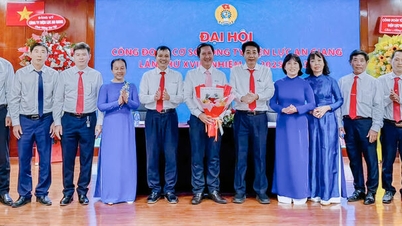

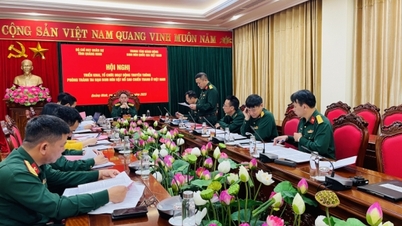

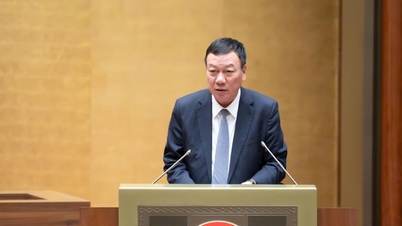
















Comment (0)